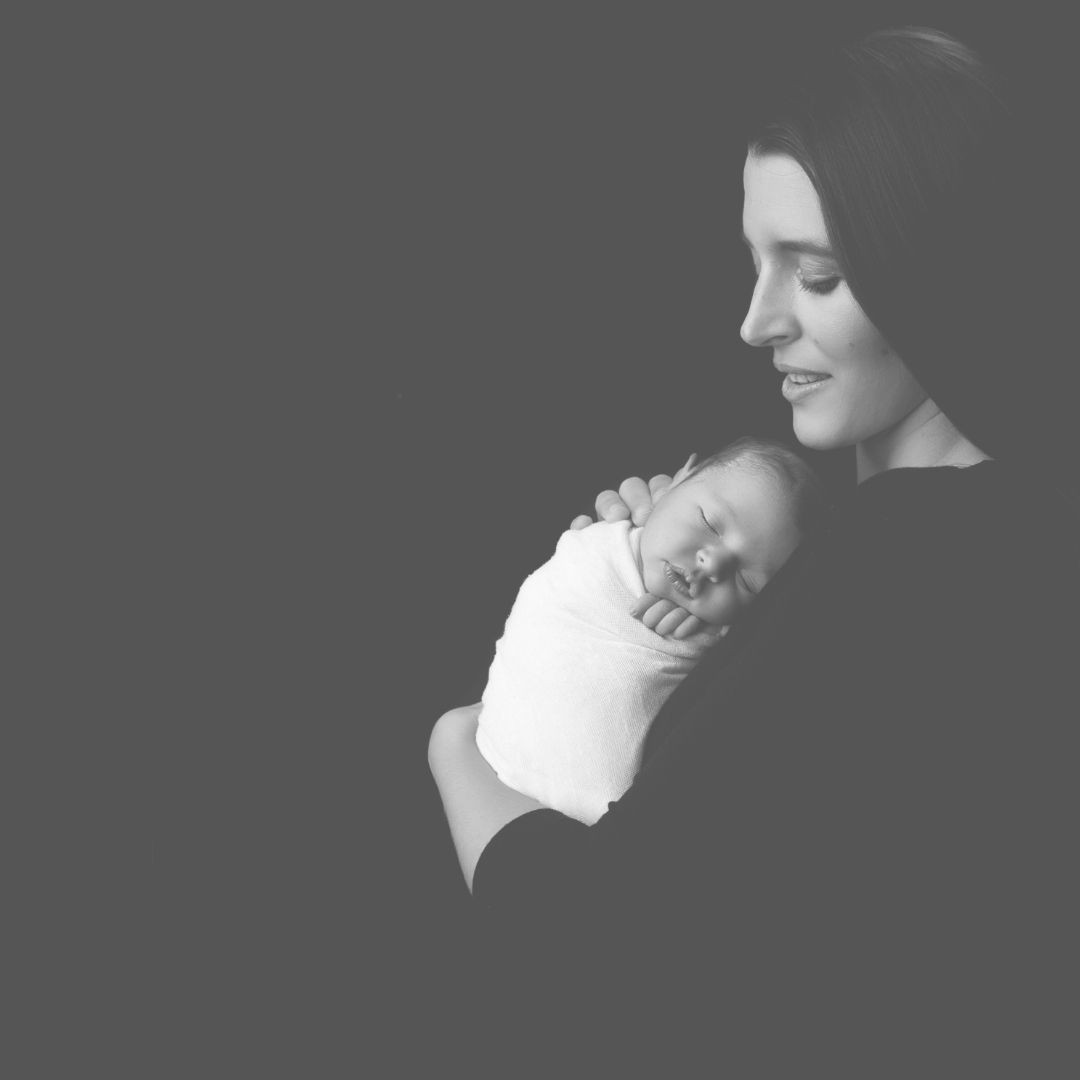A Mums guide to the “Six-week check”
The period after giving birth is called the postpartum or postnatal period. The reality is women receive check-ups, testing, attention, and care throughout the pregnancy, but once the baby is born this contact traditionally can recede until the six-week check.
This dynamic is finally changing, but new mothers need to know that you CAN ask for help, receive treatment and advice BEFORE the six-week check. Generally, you can expect the following timeline of care to occur after giving birth:
Mother and baby will receive a total of four postnatal visits on:
1- First day (24 hours)
2- Day 3 (48-72 hours)
3- Between days 7-14 and at
4- Six weeks
However, the gap between 2 weeks and 6 weeks is huge and it can be one of the toughest mental and physical months of you and your partner's lives.
If you have concerns or are worried about anything, please don’t ‘hold out’ or ‘wait’ until six weeks. Trust your instincts and seek help from your trusted health professional when you need it. The focus for many mums will shift immediately following birth, but to have a happy and healthy baby you need to have a happy and healthy parent.
The following steps will generally occur during a ‘six-week’ check, your GP will;
1- Look for any signs of complications, see how you are going with breastfeeding and how your bladder and bowel are functioning
2- Ask how you are adjusting to motherhood and what social and family supports you have around you
You may be asked to fill in a postnatal depression (PND) score sheet, as approximately 1 in 7 or 16% of women will experience PND in the first year after birth.
3- Examination
Your GP should your blood pressure, palpate your abdomen, and check on any scar healing. In addition, you should be asked about any bleeding, as if you are still having significant bleeding by six weeks you may have some other investigations completed.
They will also check on your pelvic floor function, however, this may be brief, so it is always worth having an appointment with a pelvic floor specialist practitioner to have a more in-depth assessment
VERY important and often not completed is a pap smear. Some doctors will ask you your preference for having this done. Due to the number of hormonal changes your body has experienced it is vital to get this assessment completed.
4- Contraception (Crazy huh?!)
Although this is probably the last thing on your mind, contraception is recommended from 3 weeks post-birth (ovulation can occur in as early as 28 days postpartum in non-breastfeeding women).
5- Vaccinations
Your doctor will follow-up on your schedule to ensure you are up to date (as well as the schedule for your baby)
After this visit, if you have any unanswered questions please discuss these with your healthcare practitioner or MCHN. Remember to get a second opinion if something doesn’t feel right, situations can change rapidly so get help when YOU need it
By accepting you will be accessing a service provided by a third-party external to https://withoutlimitshealth.com.au/


